SUMMARY
This is AI generated summarization, which may have errors. For context, always refer to the full article.
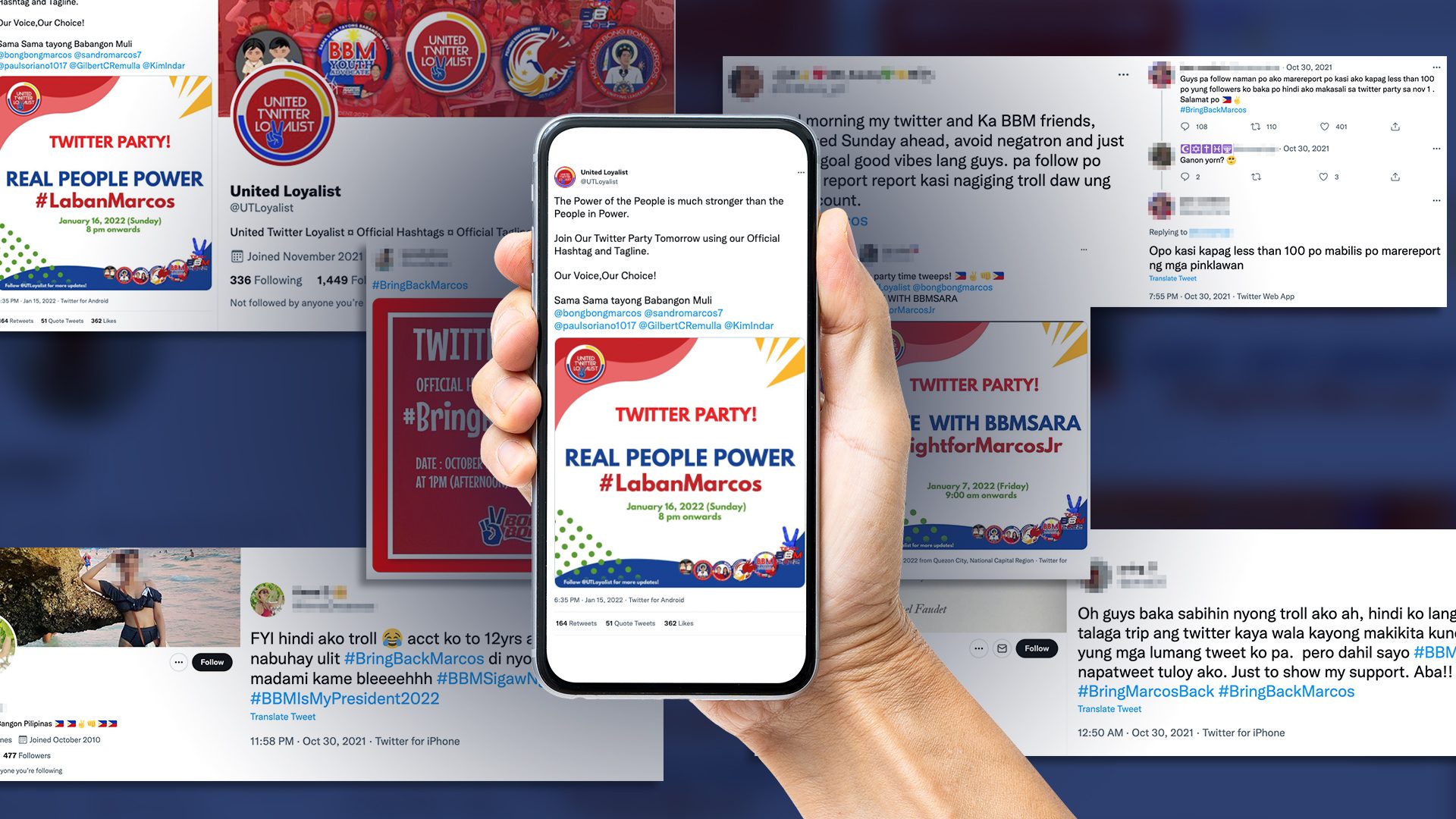
This story used findings from a study conducted by TheNerve for Internews.

MANILA, Philippines – After taking over major social media platforms for their propaganda work the past years, the supporter base of presidential aspirant Ferdinand “Bongbong” Marcos Jr. is looking to dominate Twitter as well with the use of mainly newly-created and revived accounts, a Rappler investigation showed.
The hashtag #LabanMarcos trended on Twitter on Monday, January 17, ahead of the announcement by the Commission on Elections (Comelec) on petitions against Marcos’ candidacy.
Marcos’ supporters had organized a Twitter party the night before on Sunday, January 16, to make #LabanMarcos trend. One of the accounts known to have started the event was Twitter account @UTLoyalist, created only in November 2021.

It would have been just any other Twitter party, except for one curious detail: the accounts behind them were mostly created around the same time in the last quarter of 2021.
The graph above shows the creation dates of accounts from a sample of 3,000 tweets mentioning the hashtag #LabanMarcos on Monday.
Like Twitter user @UTLoyalist, many of the accounts who tweeted #LabanMarcos were created in the last quarter of 2021. Most of them were created in October 2021 – the same month Marcos Jr. announced his intention to run and filed his certificate of candidacy for president in the 2022 elections.
Within hours, the hashtag #LabanMarcos reached the sixth trending spot in the Philippines. The phrase “REAL PEOPLE POWER” also trended, as promoted by @UTLoyalist. As of Tuesday, January 18, the account @UTLoyalist has been suspended by Twitter for violating its rules.
The narrative was simple: the Marcoses were victims of the EDSA People Power, and their return to Malacañang was long overdue.
This has been the online messaging pushed by the Marcoses and their supporters as early as 2016, when Marcos ran and lost in the vice presidential race.
The Marcos propaganda network on Facebook has long seeded false narratives about the family and Martial Law, as shown by a Rappler investigation in 2019. They do the same on YouTube and TikTok. Spreading lies that aim to reclaim the Marcoses’ glory proved effective in burnishing their image and, to an extent, bringing members of the family back to power.
When Facebook removed two fake account networks – one from China and one from the Philippines – social analytics firm Graphika noted that the Chinese network had a “particularly striking” focus on Imee Marcos in March and April 2019. During this time, Imee was running for a Senate seat, which she won in May 2019.
Now, similar tactics are being adapted for Twitter, as an emerging supporter base attempts to dominate conversations on the platform.
A closer look at the data showed that the #LabanMarcos Twitter party was much more than a simple campaign to express support for Marcos’ presidential bid.
Apart from #LabanMarcos, Rappler looked into popular hashtags used by supporters of Marcos Jr. All of these hashtags and campaigns followed similar strategies: from using newly-created or revived accounts to amplify their message, to tweeting to make noise and drown out dissent.
Here are the ways Marcos supporters have taken over Twitter in recent months, in time for the 2022 elections.
Using new accounts, reviving old ones
Data of tweets using other popular Marcos hashtags showed that majority of his supporter base on Twitter is composed of new accounts, most of which were also created in October 2021.
The graph above shows the creation dates of accounts from a sample of 10,000 tweets mentioning pro-Marcos hashtags from September 1, 2021, to January 15, 2022. The tweets from these accounts contain the hashtags #BringBackMarcos, #BBMIsMyPresident2022, #BBMForPresident2022, #BBMSigawNgBayan, #ProtectMarcosJr, #FightForMarcosJr, #BBMSaBalota, #BBM2022, and #UnitedForMarcosJr.
Apart from new accounts, there are also a number of accounts in the network that were created years back, but were only revived after Marcos announced his presidential bid and formally filed his candidacy. These dormant accounts often boast about their older creation dates and use it to defend themselves from being labeled as trolls.


Supporters have also adopted the practice of following each other on Twitter in order to help smaller accounts gain bigger audiences. Some users aim to hit at least 100 followers before they help make hashtags trend and to avoid getting reported to the platform.
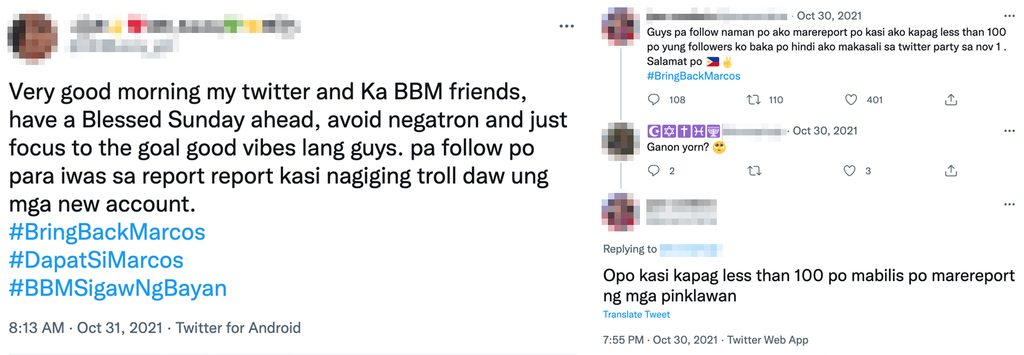
Rappler also looked into the hashtag #DisqualifyMarcos, which also trended on Monday, January 17, to compare the behavior of Marcos supporters to those who oppose his presidential bid.
Using the same parameters, data showed that there are more unique users tweeting #DisqualifyMarcos than those tweeting #LabanMarcos. The accounts tweeting the former hashtag were spread across several years. This shows an almost spammy behavior from users tweeting the pro-Marcos hashtag.
Based on the scan comparing users who tweeted #LabanMarcos and #DisqualifyMarcos, the Marcos network is seen to be adapting tactics in similar online operations, where majority of accounts used in a disinformation campaign were created in batches on the same date.
In the same month Marcos filed his candidacy, data showed that 42.6% of his Twitter followers were fake. Online tool SparkToro said Marcos had more fake followers compared to other Twitter accounts with similar-sized followings.
Making noise, attacking critics, defending Marcos
The #LabanMarcos trend was not the first time Marcos supporters participated in organized Twitter parties in an attempt to dominate online conversation.

Supporters trended #BringBackMarcos in October 2021, and had criticized media outlets for not reporting on the said trend. Data also showed that the majority of the accounts that tweeted the hashtag were created in the same month.
On November 7, 2021, thousands of individuals supporting Marcos’ presidential run participated in an Ilocos Sur caravan. There was another spike in tweets on the same day, with some supporters taunting mainstream media, implying that news organizations would refuse to cover the event due to their supposed inherent biases. Rappler, ABS-CBN, and Inquirer covered the said caravan. (FALSE: Media refuses to cover Bongbong Marcos’ campaign)
More than making hashtags trend, the network also attacks critics of the Marcoses. In late December 2021, veteran journalist and Nobel Peace Prize laureate Maria Ressa tweeted several Rappler stories on Marcos propaganda networks and disinformation. After this, there was a significant surge in tweets mentioning Ressa.
Data showed that among these tweets, those that explicitly attacked Ressa were mostly from newly-created pro-Marcos accounts from the same network.

The graph above shows the creation dates of users who mentioned Maria Ressa in their tweets from December 26 to 29, 2021, when Ressa received attacks on the platform. The data showed that the accounts that tweeted about her were also mostly created in the last quarter of 2021 – similar to the accounts that were part of the Marcos Twitter network.
Supporters also came to Marcos’ defense when he failed to attend an online Comelec proceeding on the disqualification cases against him on January 7. When critics renewed calls for the poll body to disqualify Marcos, his supporters tried to drown out dissent by tweeting the hashtags #FightForMarcosJr and #BBMSaBalota, along with the phrases “DQ CASES IBASURA (JUNK THE DISQUALIFICATION CASES)” and “UNITE WITH BBMSARA.” (LIST: Petitions seeking to block Bongbong Marcos’ 2022 presidential bid)
When a Manila Bulletin report on January 10 alleged that hackers had breached into the Comelec servers and had stolen sensitive information related to the election, supporters were also quick to decry the incident. “Protect our vote” was a popular phrase among supporters, and other users had even put the blame on Vice President Leni Robredo, Marcos’ 2016 and 2022 rival.
Comelec later refuted the Manila Bulletin report, and Rappler found that most of the accounts spinning the story to Marcos’ favor were only created between October and December 2021. (Ressa warns: PH polls could see repeat of US Capitol attack if disinformation not stopped)
Why does this matter?
As the coronavirus pandemic continues to rage throughout the country, aspirants and supporters alike have turned to online platforms to engage with one another as the election draws closer. The Philippines witnessed how social media and propaganda played a vital role in Rodrigo Duterte’s 2016 victory, but many tech platforms today have yet to revisit their policies to ensure an honest and safe election in 2022.
The Marcos family is no stranger to taking advantage of social media. Marcos Jr. asked the highly-scrutinized political data company Cambridge Analytica to “rebrand” their family’s image on social media, a claim his spokesman denied. False claims about the Marcoses and Martial Law are abundant on different networks, especially on Facebook, YouTube, and TikTok, some of the country’s most popular social media platforms. (READ: Bongbong Marcos networks gain influence in YouTube election discourse – study)
Marcos Jr. enjoys a significant supporter base both online and offline. He was the top choice for president in a Pulse Asia survey from December 2021, preferred by 53% of respondents if elections were held at the time. This is barely six years after the greatest number of respondents in another poll, by the Social Weather Stations, acknowledged that there was indeed oppression during the dictatorship of Marcos’ father and namesake
For tech platforms and government authorities to deny that voters’ online and offline behaviors are intertwined will be detrimental to elections and, consequently, democracy. – Rappler.com
This study was made in collaboration with TheNerve, a Manila-based consultancy that specializes in analyzing data to bring forth powerful insights and narratives. Believing that data can deliver real-world impact, the company enables its partners across a wide range of industries to cut through the clutter and extract value and meaning from various datasets. The insights guide partners’ business decisions and help them engage with their communities better. Composed of a team of data scientists, business strategists, award-winning storytellers, and designers, the company is on a mission to transform data science into data relevance.
Add a comment
How does this make you feel?




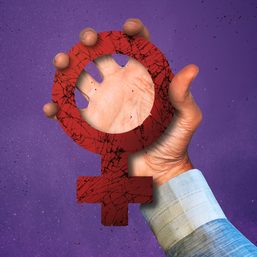
![[ANALYSIS] Cybermisogyny violates human rights](https://www.rappler.com/tachyon/2022/06/Cyber-misogyny-human-rights.jpeg?resize=257%2C257&crop_strategy=attention)
![[ANALYSIS] Building Narratives: stories of greatness and windmills in Marcos Jr.’s campaign video](https://www.rappler.com/tachyon/2022/05/Narratives-marcos-windmills-May-18-2022.jpg?resize=257%2C257&crop_strategy=attention)


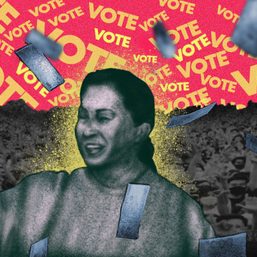

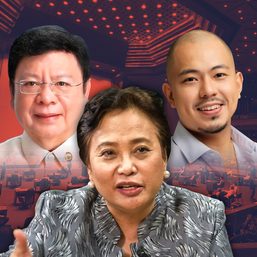




![[New School] Tama na kayo](https://www.rappler.com/tachyon/2024/02/new-school-tama-na-kayo-feb-6-2024.jpg?resize=257%2C257&crop=290px%2C0px%2C720px%2C720px)





![[In This Economy] Marcos’ POGO ban is popular, but will it work?](https://www.rappler.com/tachyon/2024/07/thought-leaders-marcos-pogo-ban.jpg?resize=257%2C257&crop=255px%2C0px%2C720px%2C720px)
![[Rappler Investigates] POGOs no-go as Typhoon Carina exits](https://www.rappler.com/tachyon/2024/07/newsletter-graphics-carina-pogo.jpg?resize=257%2C257&crop=424px%2C0px%2C1080px%2C1080px)



![[OPINYON] Tungkol sa naging viral na social media conjecture](https://www.rappler.com/tachyon/2024/07/thought-leaders-conjecture-07262024.jpg?resize=257%2C257&crop_strategy=attention)
![[DECODED] The Philippines and Brazil have a lot in common. Online toxicity is one.](https://www.rappler.com/tachyon/2024/07/misogyny-tech-carousel-revised-decoded-july-2024.jpg?resize=257%2C257&crop_strategy=attention)







There are no comments yet. Add your comment to start the conversation.